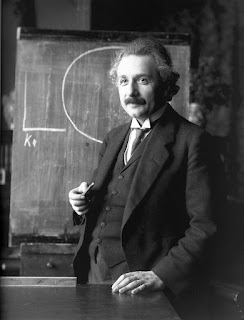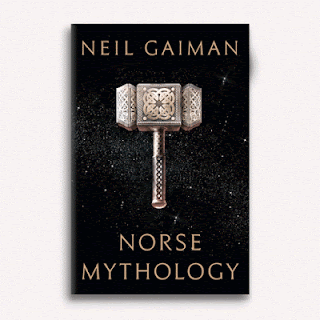Remember when you had the wonder and curiosity of a child ...
before the prosaic poisons of adulthood gave you wisdom and snatched away your innocence?
Most children are swept up by a voracious and indiscriminate curiosity,
which transforms them into masters of observation,
far surpassing adults whose perceptions have been dulled with a crushing number of responsibilities.
E. B. White wrote:
“Children … are the most attentive, curious, eager, observant, sensitive, quick, and generally congenial readers on earth.”
He also wrote:
“Anyone who writes down to children is simply wasting his time. You have to write up, not down.”
Which is pretty good advice to writers no matter to whom their books are aimed.
What impresses us as children often stays with us for the rest of our lives ...
Pablo Neruda's memory of the hand through a fence:
One time, investigating in the backyard of our house in Temuco the tiny objects and minuscule beings of my world,
I came upon a hole in one of the boards of the fence.
I looked through the hole and saw a landscape like that behind our house, uncared for, and wild.
I moved back a few steps, because I sensed vaguely that something was about to happen. All of a sudden a hand appeared — a tiny hand of a boy about my own age.
By the time I came close again, the hand was gone, and in its place there was a marvelous white sheep.
The sheep’s wool was faded. Its wheels had escaped. All of this only made it more authentic.
I had never seen such a wonderful sheep. I looked back through the hole, but the boy had disappeared.
I went into the house and brought out a treasure of my own: a pine-cone, opened, full of odor and resin, which I adored. I set it down in the same spot and went off with the sheep.
To feel the intimacy of brothers is a marvelous thing in life.
To feel the love of people whom we love is a fire that feeds our life.
But to feel the affection that comes from those whom we do not know,
from those unknown to us, who are watching over our sleep and solitude, over our dangers and our weaknesses —
that is something still greater and more beautiful because it widens out the boundaries of our being, and unites all living things.
That exchange brought home to me for the first time a precious idea: that all of humanity is somehow together…
Patti Smith's memory of the swan:
When I was very young, my mother took me for walks in Humboldt Park, along the edge of the Prairie River.
I have vague memories, like impressions on glass plates,
of an old boathouse, a circular band shell, an arched stone bridge.
The narrows of the river emptied into a wide lagoon and I saw upon its surface a singular miracle.
A long curving neck rose from a dress of white plumage.
Swan, my mother said, sensing my excitement. It pattered the bright water, flapping its great wings, and lifted into the sky.
The word alone hardly attested to its magnificence nor conveyed the emotion it produced.
The sight of it generated an urge I had no words for, a desire to speak of the swan,
to say something of its whiteness, the explosive nature of its movement, and the slow beating of its wings.
The swan became one with the sky. I struggled to find words to describe my own sense of it.
Swan, I repeated, not entirely satisfied, and I felt a twinge, a curious yearning, imperceptible to passersby, my mother, the trees, or the clouds.
And Patti Smith has been trying to put the intangible into words ever since.
Albert Einstein's childhood meeting with a compass:
The development of the world of thought is in a certain sense a continuous flight from “wonder,”he believed:
A wonder of this kind I experienced as a child of four or five years when my father showed me a compass.
That this needle behaved in such a determined way did not at all fit
in the kind of occurrences that could find a place in the unconscious world of concepts (efficacy produced by direct “touch”). I can still remember
— or at least believe I can remember —
that this experience made a deep and lasting impression upon me. Something deeply hidden had to be behind things.
Behind the cotton wool of life is hidden a pattern.
The whole world is a work of art
if you have but
the child's sense of wonder
to see it.
What do you think?












































































































































































































